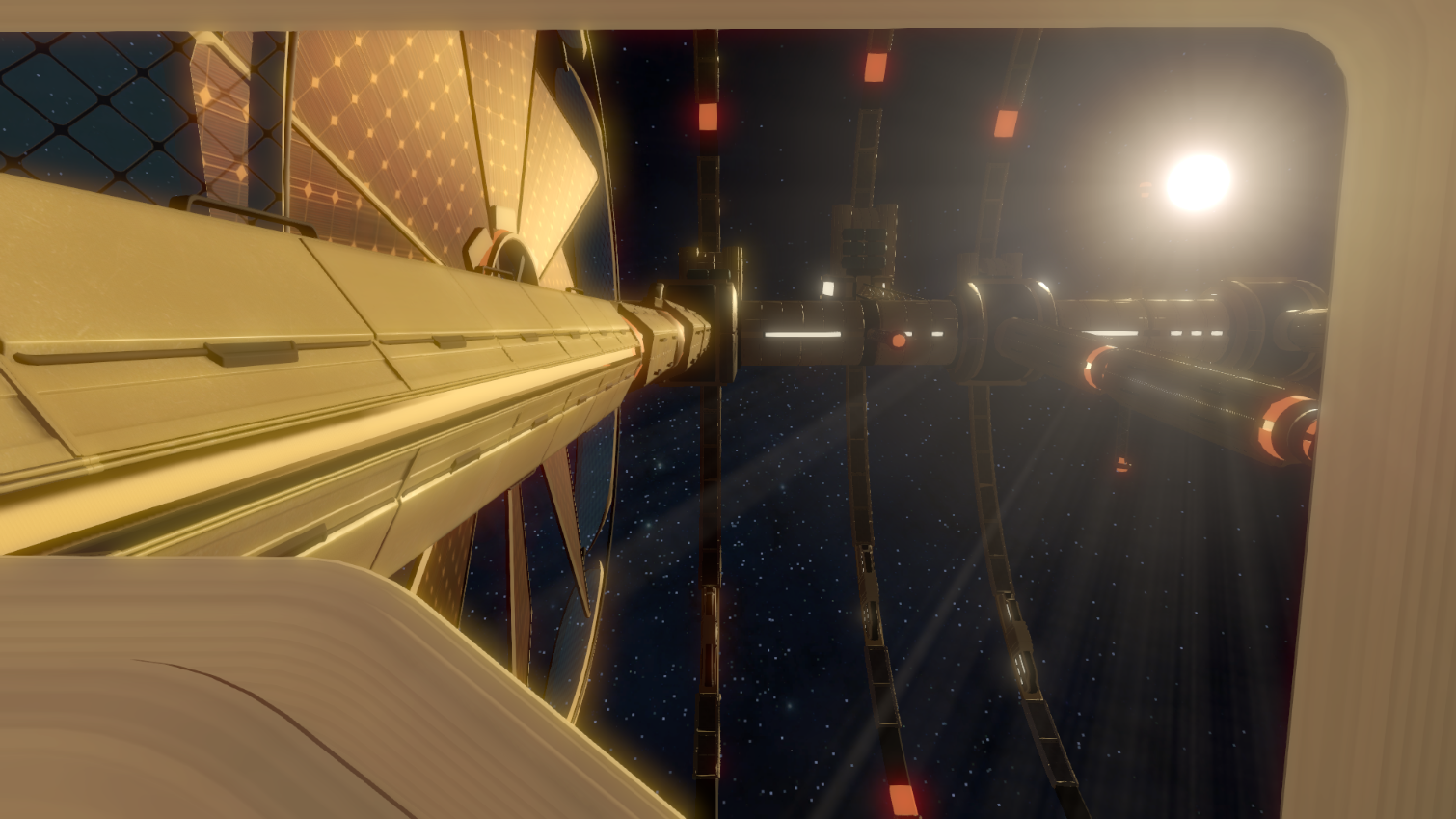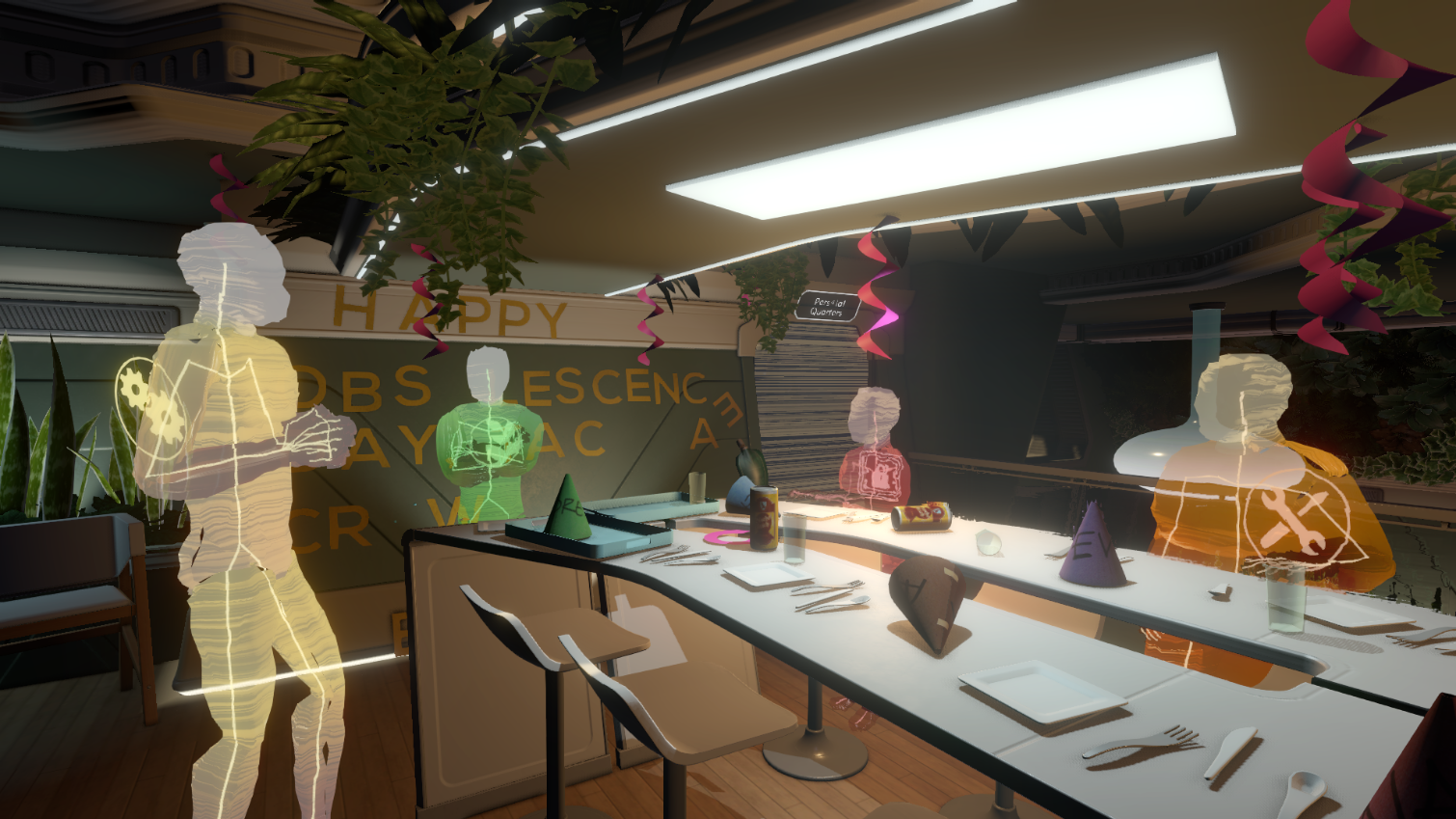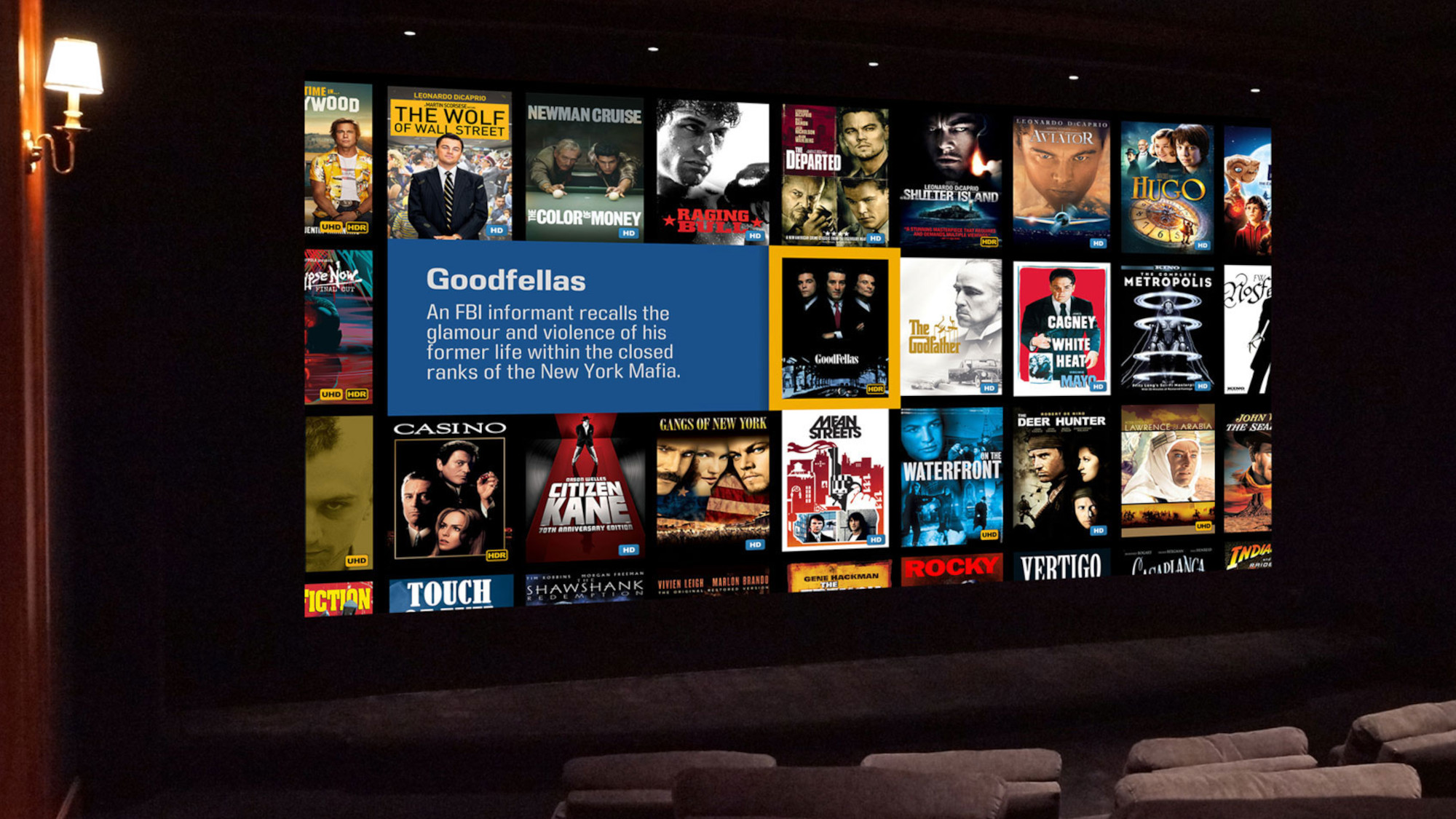Tacoma Proves Great Sci-Fi Games Don't Need Guns
Created by the folks behind Gone Home, Tacoma is an immersive space adventure that has you unravel a mystery via a set of AR logs.
I've explored plenty of abandoned space stations in video games, but few of them felt so strangely alive as the one I spent 15 minutes wandering through in Tacoma.
Created by the folks behind the hit adventure game Gone Home, Tacoma (due later this year for Xbox One, PC, Mac and Linux) looks to bring Gone Home's exploration and environmental storytelling to space, providing snippets of a story that I now desperately want to know more about.

In Tacoma, you play as an astronaut tasked with retrieving an AI from a defunct space station. As I freely floated through the station's entrance, I couldn't help but stare out at the stars and planets just outside the window. Tacoma isn't a VR game (developer Fullbright currently has no plans for that), but I immediately felt immersed in the world that this first-person adventure laid out in front of me.
Once I made it into the station, I began to unravel bits of the game's plot by finding a series of augmented reality logs. Viewing log archives seems to be a key part of progressing through Tacoma, and is a refreshing spin on the audio logs that so many games utilize to fill in a game's back story without bogging you down with cutscenes.
MORE: Xbox One vs. Xbox One S: Which Should You Buy?
But instead of just hearing what the crew of this ship was up to, I got to see it. Conversations, parties, an intimate moment of someone playing their guitar — it all unfolded right in front of me via a set of colorful holograms, making the game's empty rooms feel incredibly vibrant.
These logs aren't just extra pieces of narrative — they also drive Tacoma's gameplay. For example, to progress into a password-locked room, I had to first watch a log of someone who entered their password at the door in order to retrieve the code. Fortunately, you can pause, rewind and fast-forward the game's logs, meaning you'll always have the option to hunt for clues you may have missed.

One of the things that struck me most about Tacoma is how completely interactive everything was. From coffee cups to basketballs to books, just about everything in the space station's halls was mine to pick up and freely examine.
I even threw a few darts at a dartboard and played with an incredibly realistic virtual pool table that felt like its own self-contained game. (Fullbright's Steve Gaynor seemed pretty impressed that I took the time to line up a proper shot.) Sure, I had an important mission to do, but I was perfectly content to simply live in this space for a bit, grabbing and playing with objects as I saw fit.
I left my Tacoma session with lots of questions. Just what exactly happened to this crew? And will I always be observing what happened before, or will the game force me to roll my sleeves up and get into some action?
Either way, I'm eager to find out. Tacoma is shaping up to be a worthy follow-up for fans of Gone Home, and is simply an interesting space adventure that proves that sci-fi can be fun without dogfights and blaster battles. I look forward to playing more of the game when it hits Xbox One and PC later this year.
Sign up to get the BEST of Tom's Guide direct to your inbox.
Get instant access to breaking news, the hottest reviews, great deals and helpful tips.
Mike Andronico is Senior Writer at CNNUnderscored. He was formerly Managing Editor at Tom's Guide, where he wrote extensively on gaming, as well as running the show on the news front. When not at work, you can usually catch him playing Street Fighter, devouring Twitch streams and trying to convince people that Hawkeye is the best Avenger.

